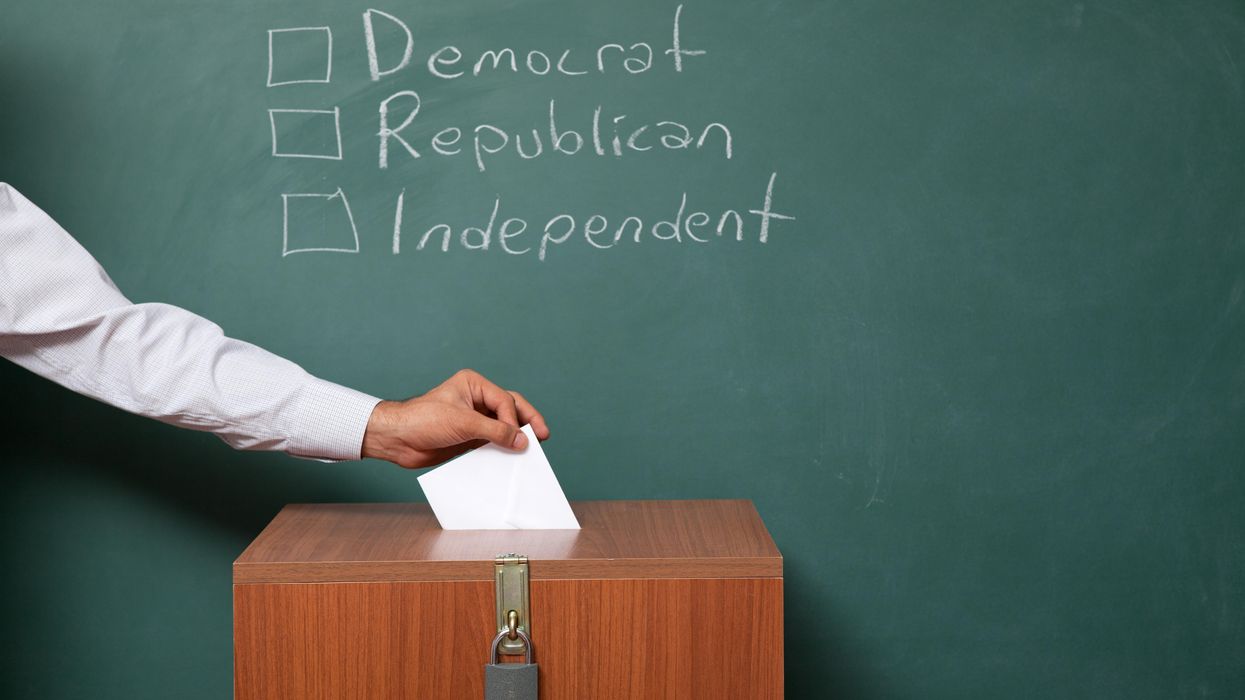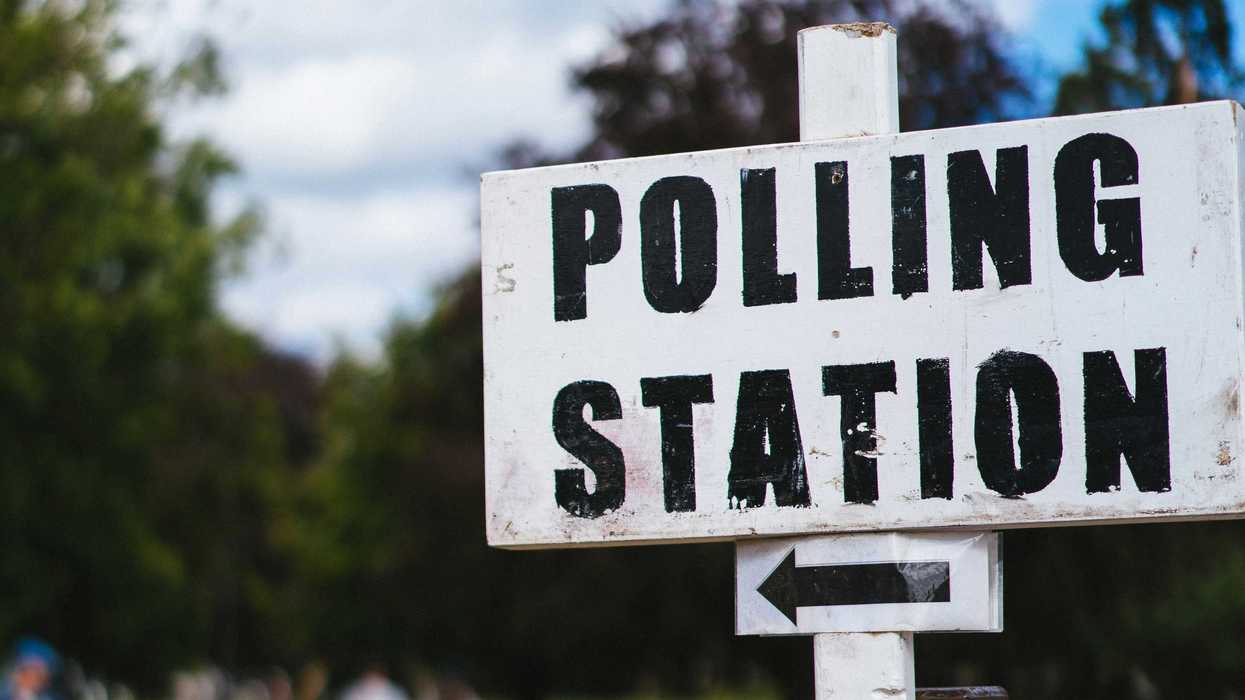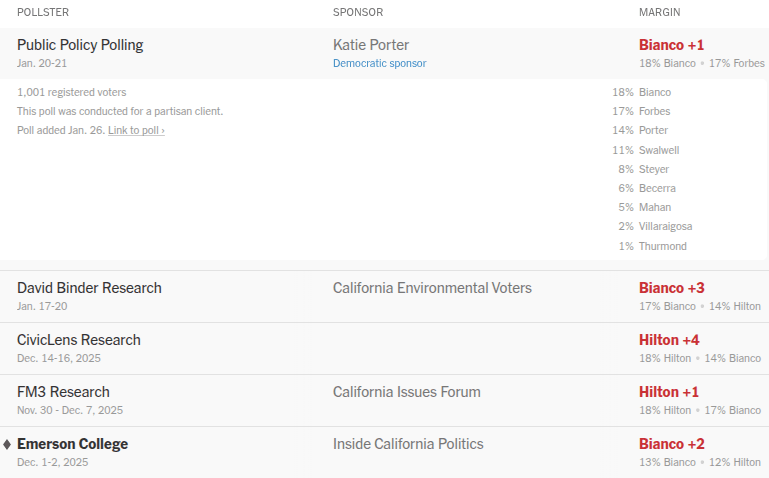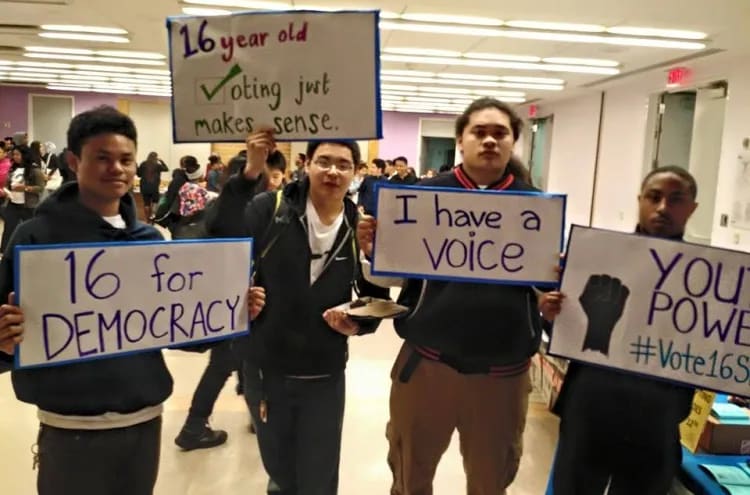Corbin is professor emeritus of marketing at the University of Northern Iowa.
It’s well known America’s first president warned citizens – on Sept. 17, 1796 – about the negative impact political parties could have on the country. In George Washington’s farewell address he felt politicians and their party of preference could become “unprincipled.”
The divisiveness our political parties and their operative sons and daughters have purposely brought upon America is disheartening and shameful.
With the 2022 midterm elections about eight weeks away the negative partisanship ads have already begun. It’s a sad state of affairs we have to endure disinformation, misinformation and political shenanigans every two years.
A recent Yahoo News/YouGov poll noted 55 percent of Democrats and 53 percent of Republicans believe it is “likely” that the US will “cease to be a democracy in the future.” An Aug. 12-16 NBC News poll revealed 21 percent of registered voters rank “threats to democracy” as the most important issue.
The democracy time bomb is ticking.
This should be a wake-up call to anyone who identifies as a proud American and values unity, individualism, equality, self-government, liberty and diversity.
Therefore, it could be argued the outcome of the Nov. 8 elections will let us know in advance of the 2024 presidential election whether we’ll continue to live in a “will of the people” democracy or if America will fall to fascism.
According to Gallup, 43 percent of voters are independent, 30 percent are Democratic and 24 percent say they are Republican.
Party diehards who view their party policies as the gospel will blindly vote for their candidate – just like lemmings who can’t think on their own accord – even if she or he is the devil.
Dr. Rachel Bitecofer, founding editor of The Cycle and revered election forecaster and analyst, feels 6 percent to 7 percent of swing voters (people who vote for a candidate opposite their registered party) affect every election. Plus, she notes 6 percent of independents “tend to vote for whoever promises a break with the status quo.”
Independent voters are independent for a reason. They know we have a deeply divided and antagonistic political system. According to a Pew Research Center survey, about two-thirds of independents are swing voters because “both parties care more about special interests than about average Americans.”
Linda Killian, a senior scholar at the nonpartisan Woodrow Wilson Center for Scholars, notes about half of the independents are closet Democrats/Republicans who vote regularly with one party. The remaining 50 percent are truly independent with their allegiance swinging from election to election.
While Bitecofer, Gallup, Pew and Killian can’t agree as to the precise number of swing and independent voters, the message is the same: somewhere between 38 million and 65 million voters are sick and tired of our political party propaganda peddlers.
Recognizing that independents detest negative campaign ads, today’s negative partisanship ads by the GOP and Democrats may drive independents to be even more serious about voting than heretofore. And, we know a lot of card-carrying Democrats and Republicans aren’t too pleased with their party, former politicians’ bold-face lies and antics, and current elected officials actions, let alone their non-actions.
It would be wise for every registered voter to take the Nov. 8 election seriously as it may – just may – give us an advance warning as to whether America will remain as a democracy or fall to fascism in 2024.
What type of citizen will you be on Nov. 8? A sit-at-home, nonparticipating voter, a party lemming, a swing voter or an independent voter? Your heirs and our country’s future are dependent upon your precious vote, whether you view voting as a fundamental right or a privilege with responsibilities.






















